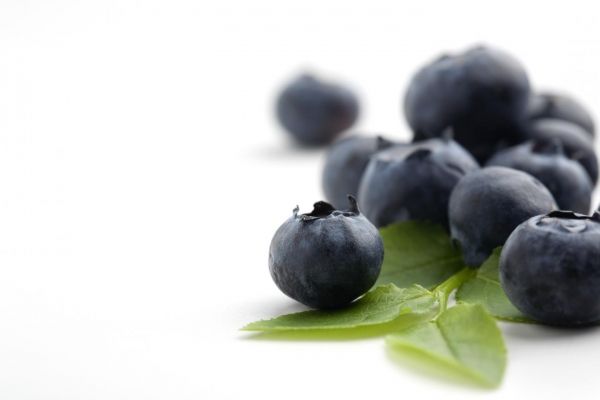
Naturally occurring pigments in berries, also known as anthocyanins, increase the function of the sirtuin 6 enzyme in cancer cells, a new study from the University of Eastern Finland shows. The regulation of this enzyme could open up new avenues for cancer treatment. The findings were published in Scientific Reports.
>> Read the Full Article

The Sahara, the world’s largest desert, stretching more than 3.5 million square miles, has grown by 10 percent over the last century due to a combination of natural climate variations and global warming, according to new research published in the Journal of Climate.
>> Read the Full Article

A global study lead by geographers at the University of Tartu has revealed that drained nitrogen-rich peatlands produce laughing gas, which degrades the ozone layer and warms the climate. To avoid this, swamp forests, fens and bogs need to be conserved.
>> Read the Full Article

 ENN
Environmental News Network -- Know Your Environment
ENN
Environmental News Network -- Know Your Environment